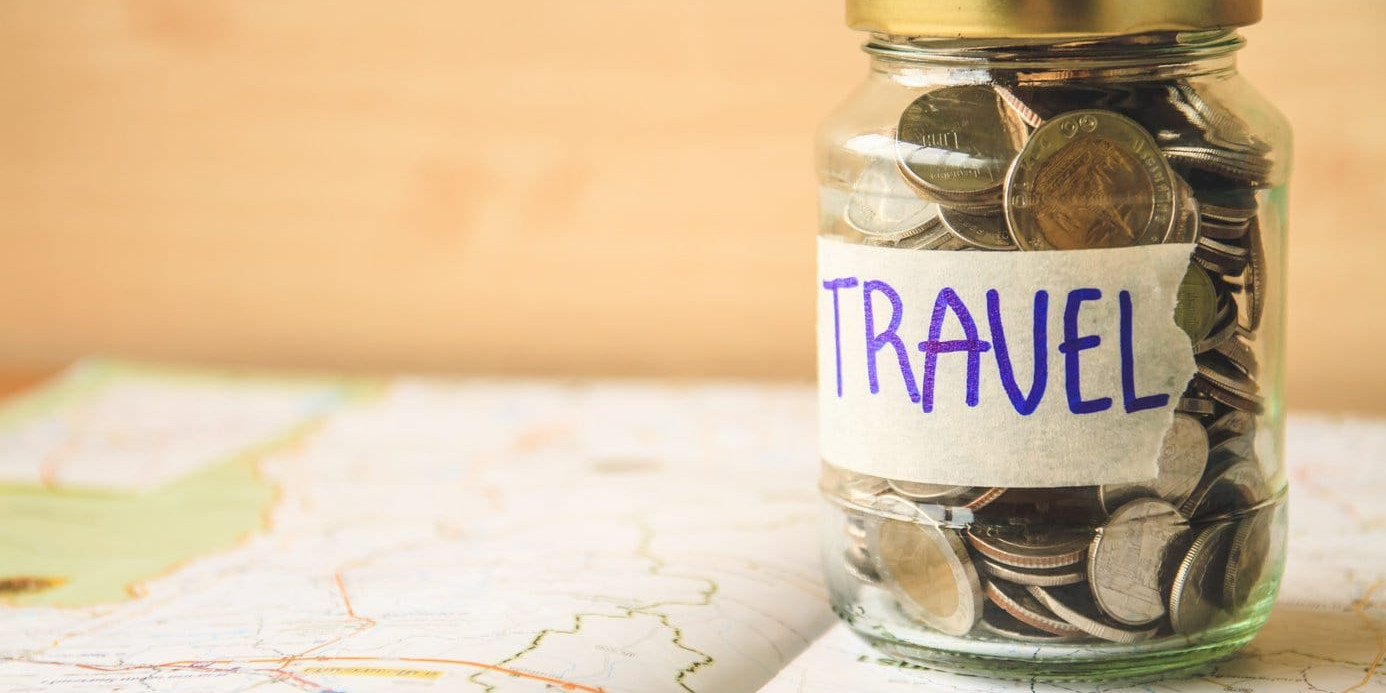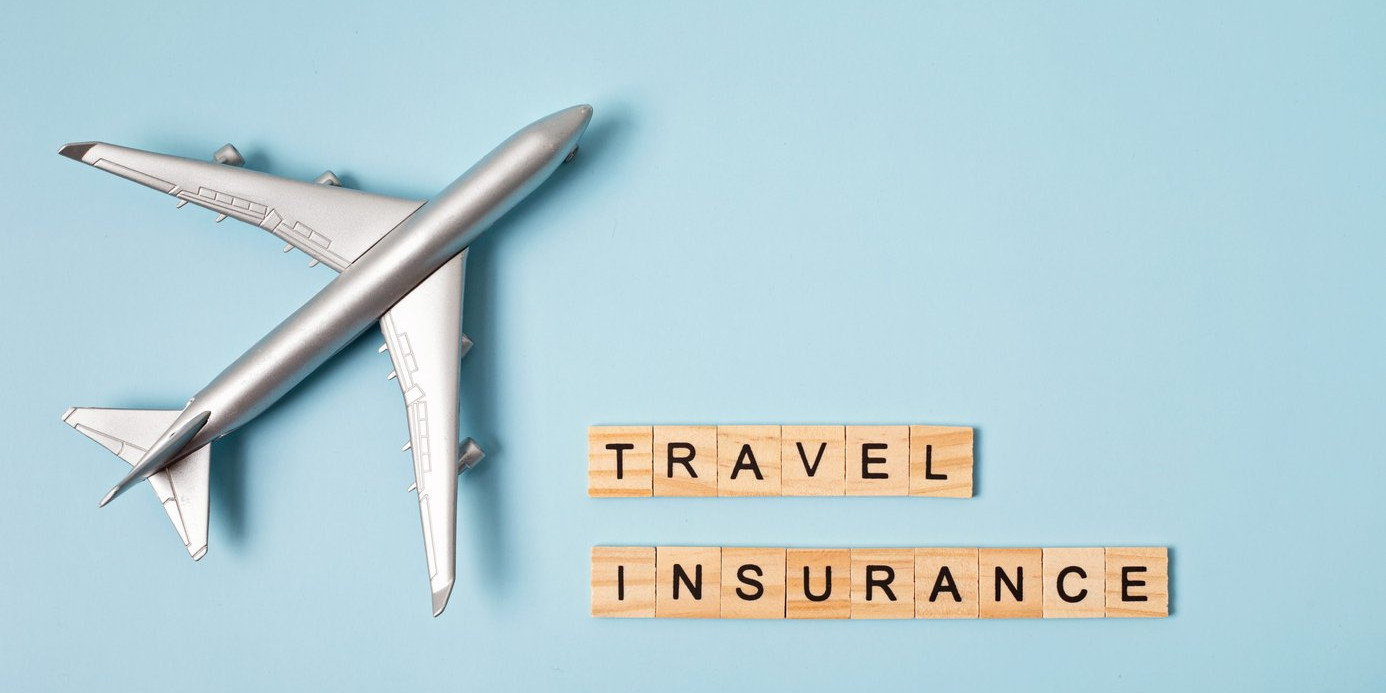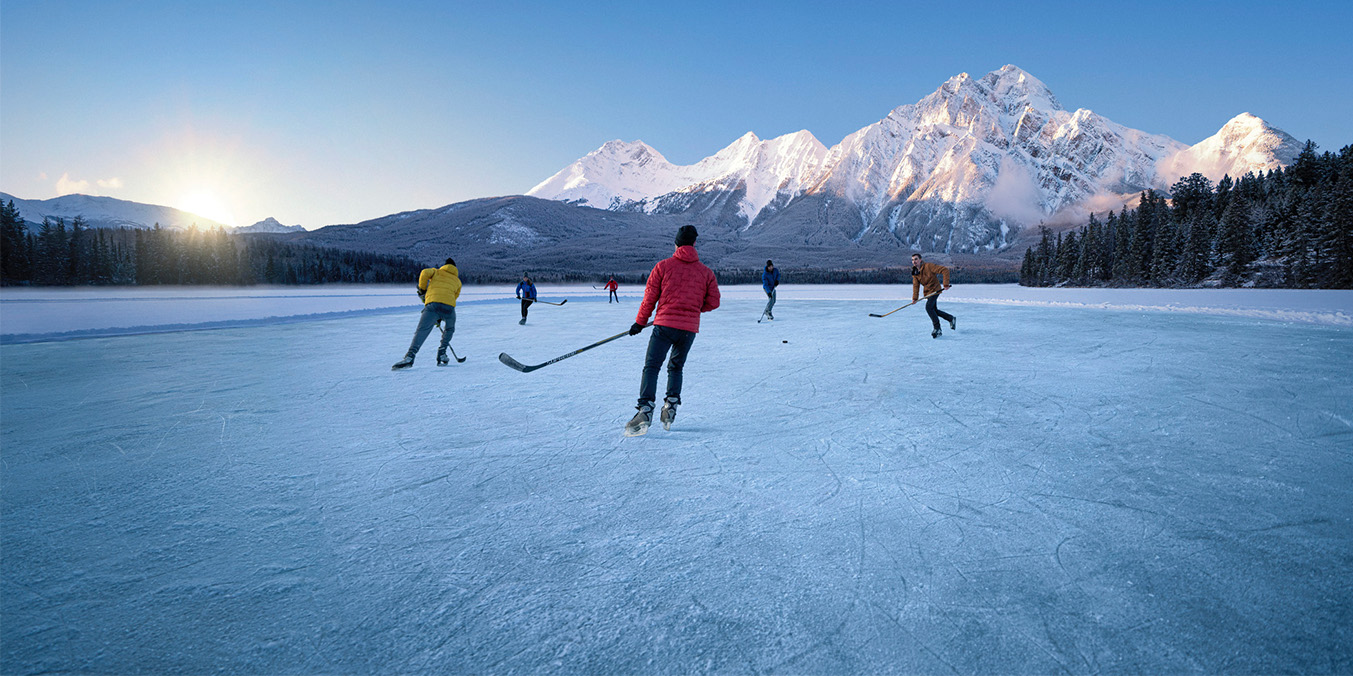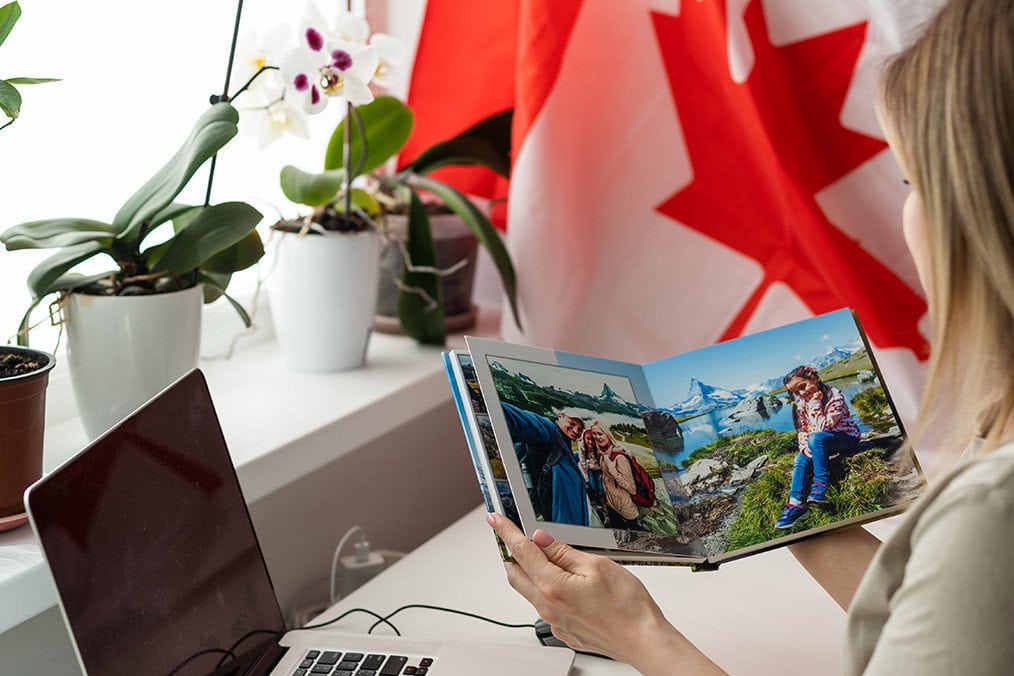Are you thinking of making the big move to Canada from your home country?
Moving to Canada is an exciting adventure that promises new opportunities, breathtaking landscapes, and a welcoming multicultural community. However, the process involves meticulous planning and preparation to ensure a smooth transition.
This is where having a “Moving to Canada Checklist” becomes indispensable. Whether you’re moving for work, study, or to join your family, this checklist will guide you through the essential steps and considerations for relocating to Canada.
From obtaining the right visa to packing your belongings, securing accommodation, and understanding Canadian customs, our comprehensive guide ensures you won’t miss a beat. Prepare to embark on your Canadian journey with confidence, armed with a checklist that covers every aspect of your move.
Here’s a moving to Canada checklist:
Moving to Canada Checklist
- Get your paperwork in order
- Deciding where to live in Canada
- Flights to Canada
- Pack strategically
- Temporary accommodation in Canada
- Make sure you have enough money
- Canadian currency
- Travel insurance
- Health insurance
- Register for your health card
- Convert your driver's license
- Car insurance
- Open a Canadian bank account
- Get a credit card
- Transfer funds
- Social insurance number
- Get a phone number
- Permanent place to live
- Get a job
- Find friends
- Find a hobby
- Tips for newcomers to Canada
Moving to Canada Checklist
Follow our moving to Canada checklist to make your move to Canada smooth!
Get your paperwork in order
One of the most important things you'll need to do before moving to Canada is to get all your paperwork in order. You'll need a valid passport that is up to date and a visa to enter the country.
Work permits for temporary foreign workers
If you're planning on working in Canada, you'll also need to obtain a work permit. The process of getting a work permit can vary depending on your country of origin, so it's important to do your research and be prepared with the necessary documents.
Study permits for international students
If you are wanting to study in Canada as an international student, ensure that you are enrolled in a designated learning institution (DLI) before applying for a study permit.
Landing as a Permanent Resident
If you are arriving in Canada as a new permanent resident, you will meet the Canada Border Services Agency (CBSA). When you enter Canada at a port of entry, you will undergo an examination with the CBSA, including looking over your official documents from the Canadian Government in regards to your immigration pathway. If requirements are met they will send your permanent resident card in the post.
Deciding where to live in Canada
When moving to a new part of the world, one of the most important decisions you'll have to make is where to live. There are a few things you'll want to consider when choosing a location in Canada.
First, you'll need to think about what type of climate you want to live in. Canada has a wide range of climates, from the cold winters of the north to the milder temperatures of the south.
Finally, you'll need to take into account the cost of living in the area you're interested in. Canada is a large country, and the cost of living can vary significantly from one region to another.

Flights to Canada
After you have decided on your desired location in Canada. You will need to purchase a plane ticket to one of the many Canadian airports. A variety of airlines fly to Canada, so be sure to shop around for the best deal.
Pack strategically
When moving to Canada you'll have to think about what to pack. It's crucial to pack strategically and to only bring the items you'll need in Canada.
Most importantly, you'll need to bring your passport, visa, tickets, and any other essential documents. You'll also want to pack a range of different clothes and toiletries, as well as any electronics or other essentials that you'll need.
Temporary accommodation in Canada
When moving, it's important to have a place to stay while you're looking for a permanent home. Temporary accommodation in Canada can include renting an apartment, staying with friends or family, or using a temporary housing service.
Renting an apartment is the most common type of temporary accommodation in Canada. Several websites can help you find an apartment, such as Kijiji, Craigslist and other rental ads.
If you have friends or family members in Canada, they may be willing to let you stay with them for a few weeks while you're getting settled. This can be a great way to save money on accommodation costs.
Many temporary housing services can help you find a place to stay in Canada. These services typically provide furnished apartments for a short-term stay.
it is common for landlords to request reference letters from previous landlords and a security deposit before moving in.
Make sure you have enough money saved up before making the move.
One of the most important things to keep in mind when moving to Canada is that you'll need to have enough money saved up for your settlement funds. Moving to a new country can be expensive, so it's important to have a financial cushion.
Another thing to keep in mind is that the cost of living in Canada can be high. Make sure you research the cost of living in the city you're moving to and adjust your budget accordingly.

Canadian currency
One way to make sure you have enough money saved up is to convert some of your currency into Canadian dollars before you leave.
If you're not sure how to do this, many online services can help you. Simply enter the amount of money you want to convert and the service will give you an estimate of how much Canadian dollars you'll receive.
This is a good option for those who want to be prepared for any unexpected expenses that may come up during their move to Canada. Having some Canadian dollars in hand will help ensure that you're able to cover any immediate costs that may arise.
Get travel insurance
When moving as a foreign national, it's important to have travel insurance in case of any unexpected emergencies. Travel insurance can help you cover the costs of medical care, hospital stays, and even flight cancellations or lost luggage.
There are some different insurance plans available, so be sure to shop around and find the best deal for your specific needs.
Some companies will request information regarding your medical records that may affect your insurance policy.
Get health insurance
Health insurance is a type of insurance that helps cover the costs of medical care and treatment. It can help you pay for doctor's visits, hospital stays, prescription drugs, and other medical expenses.
There are many different insurance plans available, so be sure to shop around and find the plan that best suits your needs.
You may also want to check with your employer to see if they offer any type of health insurance for their employees.

Register for your health card - if available
When moving to Canada, one of the most important things to do is register for a health card. This will allow you to access medical care in Canada when you need it.
To register for a health card, you'll need to visit your local health authority office. You can find a list of health authority offices on the website of your provincial or territorial government.
When you visit the office, you'll need to bring along your passport and any other documents that prove your identity and residency in Canada. You'll also need to fill out a form and pay a fee. Once you've registered for your health card, you'll be able to use it to access medical care in Canada.
Alberta
Individuals moving to Alberta from another country who have a Canadian immigration document might be eligible for medical Alberta Health Care Insurance Plan (AHCIP) coverage depending on the type of document, any restrictions, how long they have held it, and their intention to reside in Alberta for 12 months.
British Columbia
If you're new to Canada, apply for Medical Services Plan (MSP) as soon as possible. Your insurance coverage might begin three months after your arrival date in British Columbia. While you wait, seek out private medical care insurance.
For all other provinces, check their respective websites for more information regarding their provincial health services.
Convert your driver's license
If you're moving to Canada from another country, you may be able to transfer your driver's license to Canada. This will allow you to skip the driving test and go straight to getting your license.
To transfer your driving history, you'll need to provide your license.
If you're not sure whether or not you can transfer your license from your home country, it's best to contact the provincial or territorial licensing authority in Canada. They can help you determine what steps you need to take to get a license in Canada.
It's important to note that not all foreign licenses are accepted in Canada whether you have driving experience or not. If your license is not accepted, you'll need to take a driving test to get a Canadian license.
Car insurance
One important thing to keep in mind when moving to Canada is that you'll need to have car insurance. Driving without insurance is illegal in Canada, so it's important to make sure you're covered.
There are several different insurance providers in Canada, depending on which province you reside in, so it's important to shop around and find the best option for you. Be sure to ask about the coverage options available and the cost of premiums with your free quote.
Another thing to keep in mind is that insurance rates can vary significantly from one provider to another, so it's important to compare rates before you decide on a provider.
If you can prove prior driving experience this will help to lower your monthly fee or annual payment for your insurance.

Open a Canadian bank account
One of the most important things you'll need to do when moving to Canada is to open a Canadian bank account. This will allow you to easily access your money and pay for expenses such as rent and groceries. There are many different banks in Canada, so be sure to shop around for the best deal.
When you're ready to open an account, you'll need to bring along your passport and any other documents that prove your identity and residency in Canada and fill out the application form.
Common banks in Canada
- Royal Bank of Canada
- TD Canada Trust
- Scotiabank
- CIBC
When you move, it’s important to establish a credit history. This will make it easier to borrow money in the future, whether you need to take out a loan or apply for a mortgage. One way to establish a credit history is to get a credit card.
There are many different credit cards available in Canada, so it’s important to compare your options before you decide on one. Be sure to consider the interest rate, service fees, credit limit, credit transactions and other factors such as rewards programs before you make your decision.
Another way to establish a credit history is to take out a small loan from a financial institution. This can be used to help finance a major purchase, such as a car or a down payment on a house.
Get a credit card
Transfer funds
When transferring funds to one of the Canadian financial institutions, there are a few things you'll need to keep in mind. Firstly, you'll need to find a bank that offers wire transfers to Canada. Most banks offer this service, but it's important to check with your specific bank to make sure.
Secondly, you'll need to provide the bank with the correct information. This includes the name of the Canadian bank receiving the funds, the account number of the recipient, and the routing number of the Canadian bank.
Thirdly, you'll need to ensure that you have enough money to cover the transfer fees. These fees can vary from bank to bank, so it's important to check with your bank before sending any money.
Finally, be sure to keep track of any exchange rates that may apply. The exchange rate will affect how much money your transfer ends up costing.
Get a social insurance number
If you're moving to Canada, you'll need to get a social insurance number (SIN). This is a nine-digit number that you'll need to work in Canada or access government benefits and services.
You can apply for a SIN by visiting a Service Canada office. When you apply, you'll need to bring along your passport and proof of residency in Canada. You may also be asked to provide a letter from your employer.
Once you have your SIN, you should keep it in a safe place. You'll need to provide it whenever you start a new job or apply for government benefits.
Get a phone number
You'll also need to get a phone number in Canada. You can get a phone number through your service provider or through a company that provides phone services in Canada. Be sure to research the different providers and plans before you sign up for a phone plan. You don't want to be stuck with a plan that doesn't fit your needs.

Find a permanent place to live
Finding a permanent place to live in Canada can be a challenge. There are a variety of different types of housing available in Canada, from apartments and condos to houses and townhomes.
It's important to do your research before you move and decide what type of housing is best suited for your needs. You'll also want to consider the cost of living in the city you're moving to and whether you'll be able to afford it.
If you do not have a car, ensure you consider the location is close to essential amenities like public transport and grocery stores.
Get a job
If you're moving to Canada, one of the most important things you'll need to do is find a job. The Canadian job market is competitive, but there are plenty of opportunities available if you know where to look.
One of the best ways to find employment in Canada is to network with people in your field. There are also several online job boards that you can search, such as Indeed and Monster, which provide job seekers with job descriptions, requirements and other important information. You can also contact a Canadian employment agency to help you find a job, understand the job application process and get you job-ready.
If you are on a work permit and would like to apply for permanent residence, be sure to check the national occupational classification (NOC) code of your job to ensure you meet the eligibility criteria of your chosen immigration program, as some streams require skilled work experience.
Find friends
One of the best ways to make the transition to Canada easier is to meet new people. There are many ways to meet people in Canada, including online groups, social media platforms, active engagement groups, and through friends and family.
You can also join one of the many ex-pat groups in Canada. These groups are a great way to meet other people who are in the same situation as you and can offer support and advice.
Find a hobby
When relocating, it can be important to find hobbies that you can enjoy in your free time. This can help you to make friends and get to know your new surroundings.
There are many different hobbies that you can pursue in Canada, depending on your interests. Some popular hobbies include hiking, biking, skiing, and snowboarding. You can also join a sports team or volunteer in your local community.

Tips for newcomers to Canada
As a newcomer to Canada, there are a few things you'll want to know to make the transition as smooth as possible. Here are a few tips to help you get started:
Explore the country
Canada is a large and diverse country with a lot to offer. From the bustling cities to the stunning natural scenery, there's something for everyone in Canada. Take some time to explore all that the country has to offer and you're sure to fall in love with it.
Join a sports team or club
Another great way to meet people in Canada is to join a sports team or club. There are a variety of different options available, so you're sure to find something that interests you.
Get to know your neighbours
One of the best ways to make friends in Canada is to get to know your neighbours. Canadians are generally friendly and welcoming, so don't be afraid to strike up a conversation with the people who live near you.
Learn English or French
Canada has two official languages, English and French. If you don't already speak one of these languages, it's a good idea to learn some basics before you move with some free courses, or even attend pre-departure seminars. Many government services and documents are available in both languages, so it's helpful to have basic communication in one of these languages.
Conclusion
Moving to a new country can be an exciting but daunting experience. There are a lot of things you'll need to do to make the move go smoothly, from finding a place to live to getting a job and opening a Canadian bank account. The moving to Canada checklist we've provided will help you get started on your journey. Make sure you take advantage of all that Canada has to offer and you're sure to have a great experience.
Let us know if you liked our moving to Canada checklist and if you need any professional advice get in touch!
Nicola Wightman
Nicola Wightman is a regulated Canadian Immigration Consultant (RCIC) under the College of Immigration and Citizenship Consultants (CICC). Her professional immigration consultant number is R706497.
Canadian immigration
Learn about moving to Canada, the Express Entry immigration process, working in Canada, studying in Canada, and more.
January 12, 2025
Trudeau Steps Down – What’s in Store for Canada’s Immigration Policies?
Prime Minister Justin Trudeau has announced his resignation as the leader of the Liberal Party and…
December 11, 2024
New Immigration Pathways Canada 2025: What You Need to Know
Canada is introducing several new immigration pathways in 2025, offering exciting opportunities for…
December 10, 2024
Major Express Entry Changes Proposed to Address LMIA Fraud
Canada’s immigration system may soon undergo significant Express Entry changes, as Immigration…
Start Your Canadian Immigration Journey
Our experts make the process clear, stress-free, and successful, so you can move forward with confidence and focus on what matters most.

Get Started Today
"*" indicates required fields



